| Each year the UN Commission on the Status of Women (CSW), the UN body where Member States come together to discuss the challenges to gender equality, negotiates on a theme that has a major impact on women and girls’ lives. The theme of this year’s session (6-17th March) is “innovation, technological change and education in the digital age for achieving gender equality and the empowerment of all women and girls”. A current topic, as the digital revolution has been accelerated with the COVID-19 pandemic, which increased technology’s importance in education, employment and health and in our social lives. |
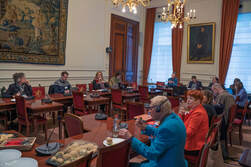 Photo by Morgan Muller Photo by Morgan Muller On the occasion of World Aids Day the ‘Parliamentarians for the 2030 Agenda’ organized a lunch-time conversation on the impact of criminalisation of HIV and key populations on the HIV-response. Evidence shows that an overly broad criminalisation of HIV non-disclosure, exposure or transmission with no intent to harm, undermines public health. Why is that? 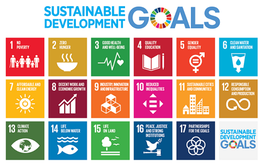 In 2023, mid-way to 2030, Belgium is to submit its 2nd voluntary national review (VNR) to the UN High-Level Political Forum in New York. Belgium will present its efforts in achieving the Sustainable Development Goals (SDGs) as put forward in the 2030 agenda from 2015. A good opportunity for state and civil society actors to take stock and look at what is needed to move forward. The VNR will look at Belgium’s local, regional and national efforts, as well as its international cooperation on the SDGs. How does Belgium score for its international commitment to sexual and reproductive health?14/11/2022
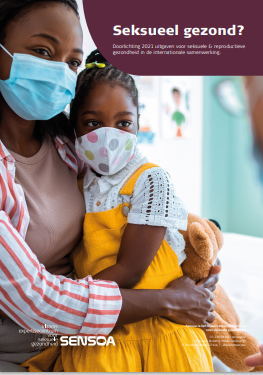 Sensoa reviewed DGD spending on health and sexual and reproductive health. In 2021, 11% of Belgium's total international cooperation spending went to health and reproductive health. Spending on reproductive health (to prevent unplanned pregnancies, ensure maternal health, etc.) increased, but overall spending on health stagnated. This is remarkable, as we would have expected increased support for health in light of the COVID pandemic. Moreover, investments in strengthening health systems are necessary to provide people with quality sexual and reproductive health services. 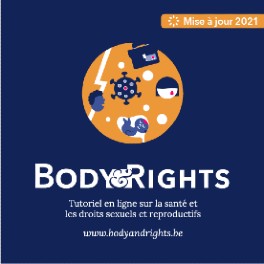 Body&Rights, the e-learning on sexual and reproductive health and rights internationally, developed by Sensoa and the SRHR Working Group of Be-cause Health, the Belgian platform for international health, is fully up-to-date. 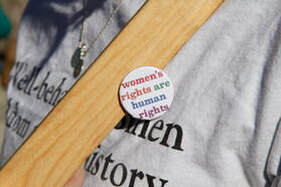 Image by Carrie Z on Pixabay Image by Carrie Z on Pixabay While the US Supreme Court’s decision to withdraw Roe v. Wade was still pending, three international women’s rights activists explained the risks involved in the limitation or outright prohibition of women’s access to safe abortion care in a digital dialogue with the Belgian ‘Parliamentarians for the 2030 Agenda’. 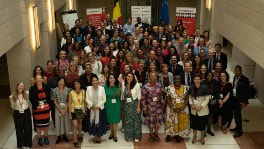 Copyright She Decides Copyright She Decides Five years after the successful international She Decides conference, launched in response to the reinstatement of the Global Gag Rule (GGR) under former US President Donald Trump, Belgium and the She Decides Support Unit reconvened sexual and reproductive health and rights advocates from around the world in Brussels, 19-20th May. The European Commission proposes EU-wide rules to combat violence against women and domestic violence. The Commission aims to enshrine minimum standards in EU Law to:
Since the beginning of the war in Ukraine more then 4,6 million Ukrainians or no less then a quarter of the population have fled to neighbouring countries, mainly Poland, Hungary, Romania, Moldova, Slovakia and Belarus. Over 7 million Ukranians are internally displaced. Women and children make up the majority of Ukranian refugees and their human rights are at risk.
|



 RSS Feed
RSS Feed